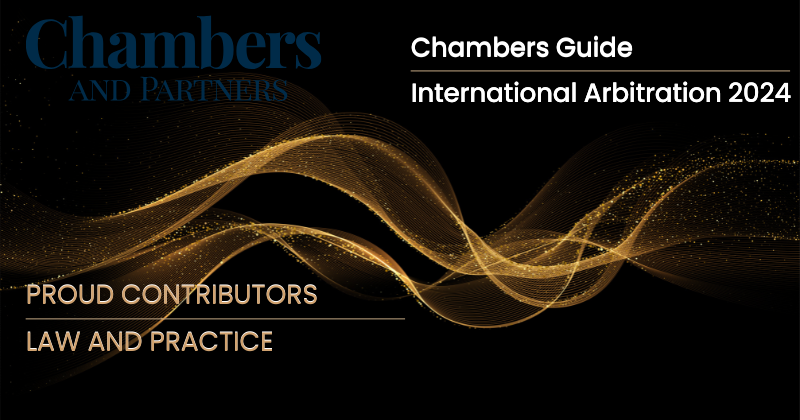By Jacob Ochieng | Milly Mbedi
Prior to the coming into force of the Companies Act No.17 of 2015 (the ”Companies Act”), Kenyan Companies were not required to disclose the details of their beneficial ownership of shares. However, pursuant to the Companies (Amendment) Act, 2017 and subsequently the Statute Law (Miscellaneous Amendments) Act, No. 12 of 2019 which introduced section 93A of the Companies Act, companies incorporated or registered in Kenya are required to keep a register of beneficial owners with the relevant information relating to the said beneficial owners as prescribed by the regulations made under the Companies Act.
The Attorney General has published the Companies (Beneficial Ownership Information) Regulations, 2020 (the “Regulations”) which set out in greater detail how these disclosures are to be made and the obligations of a company in relation to these disclosures.
The Regulations define a beneficial owner as the natural person who ultimately owns or controls (emphasis is added) a legal person or arrangements or the natural person on whose behalf a transaction is conducted, and includes those persons who exercise ultimate effective control over a legal person or arrangement (emphasis is added).
The Regulations apply to a beneficial owner who:
- holds at least 10% of the issued shares in the company either directly or indirectly;
- exercises at least 10% of the voting rights in the company;
- holds a right to directly or indirectly appoint or remove a director of the company; or
- exercises significant influence or control over the company (emphasis is added).
The term “exercises significant influence or control over the company” has been defined to mean participation in the finances and financial policies of a company without necessarily having full control over them. This definition is quite wide and may have the effect of covering management and financial advisory companies.
The Regulations also require a company to take reasonable steps to identify its beneficial owners and enter their details in its register of members. The particulars to be included in the register include; the full name, birth certificate number, national identity number, national identity card number or passport, personal identification number, nationality, date of birth, postal address, business address, residential address, telephone number, email address, occupation or profession, nature of ownership or control and the date on which any person ceased to be a beneficial owner.
The Regulations require a company to lodge with the Registrar of Companies (the “Registrar”) in the prescribed form, a copy of its register of beneficial owners within 30 days after its preparation. A company is also required to lodge with the Registrar in the prescribed form any changes in the particulars of the beneficial owner of a company and where the beneficial owner ceases to be a beneficial owner of a company.
The Regulations also impose a duty on a company to investigate and obtain beneficial owner particulars where it has reasonable cause to believe that a person is a beneficial owner of a company by giving the owner notice to provide the same. The person is then required to respond to the notice within 21 days. Where the person fails to respond to the notice, the company is required to keep a copy of the warning notice in its register of beneficial owners, to restrict the relevant interest of a person where the failure to respond is within 14 days from the date of the warning notice, to note the restriction in the register and to file the same with the Registrar.
The effect of a restriction with respect to a relevant interest is that any transfer of the interest is void, no rights are exercisable in respect of the interest, no shares may be issued in right of the interest or in pursuance of an offer made to the interest holder and no payment may be made of sums due from the company in respect of the interest.
A company is also prohibited from disclosing beneficial ownership information except where it is for communication purposes, for compliance with the Regulations, in compliance with a court order or if it has a written consent of the beneficial owner. The Registrar may also use the information for communication purposes with the beneficial owner. However, the beneficial ownership information is prohibited from being made available to the public.
The impact of these Regulations is that companies with shareholders who have nominee shareholding will need to disclose details of the ultimate shareholders and investigate nominee structures that not only depict ownership arrangements but also control arrangements.
This alert is for informational purposes only. If you have any queries or need clarifications, please do not hesitate to contact Jacob Ochieng (Partner), Milly Mbedi (Senior Associate) or your usual contact at our firm for advice.





